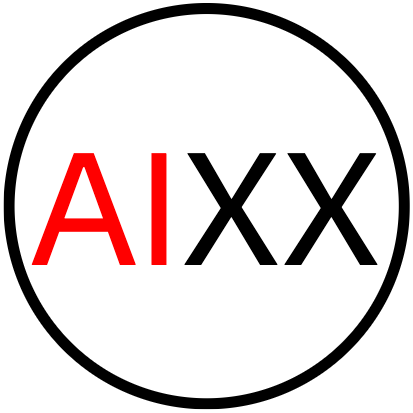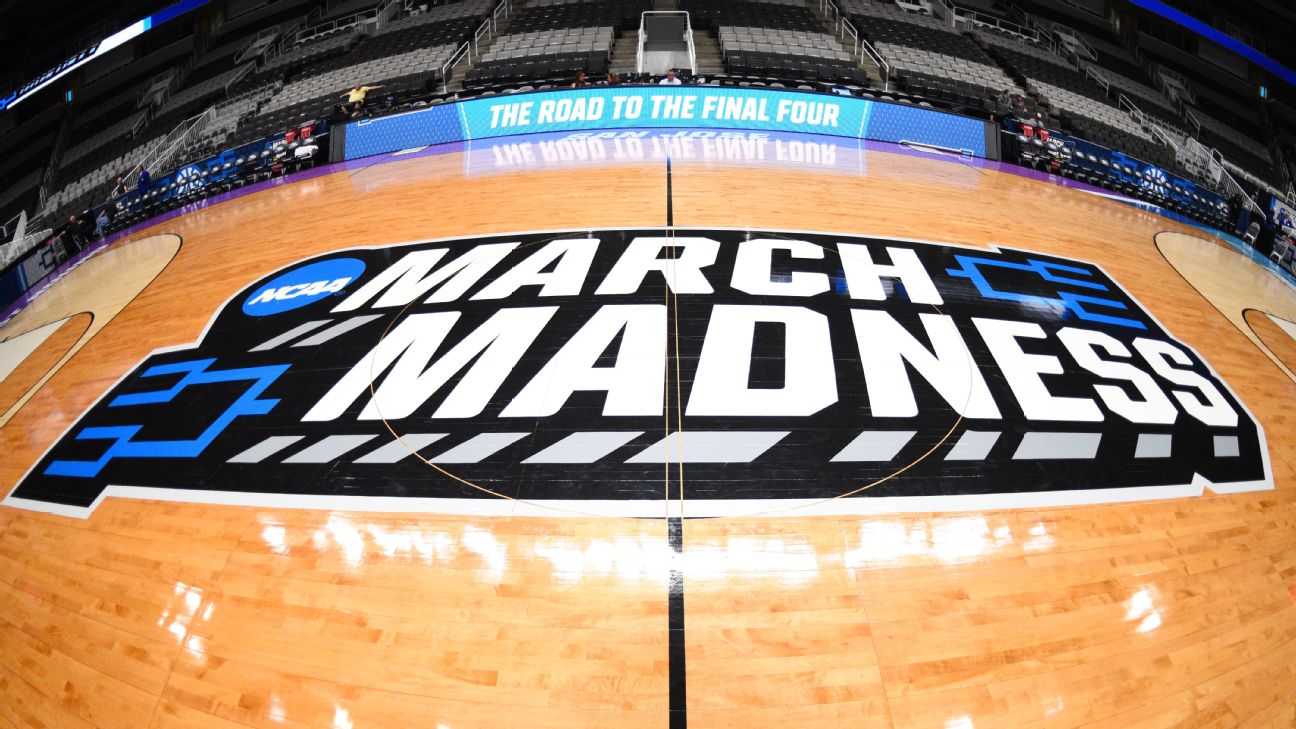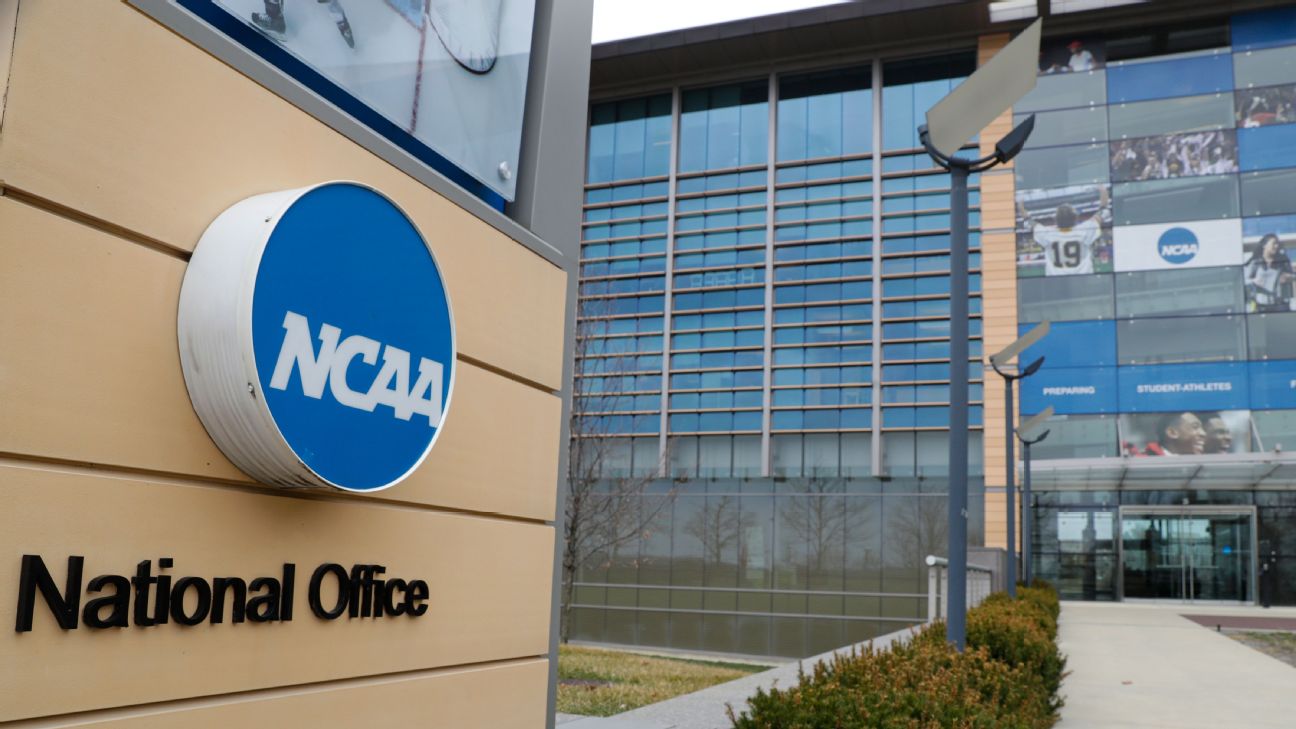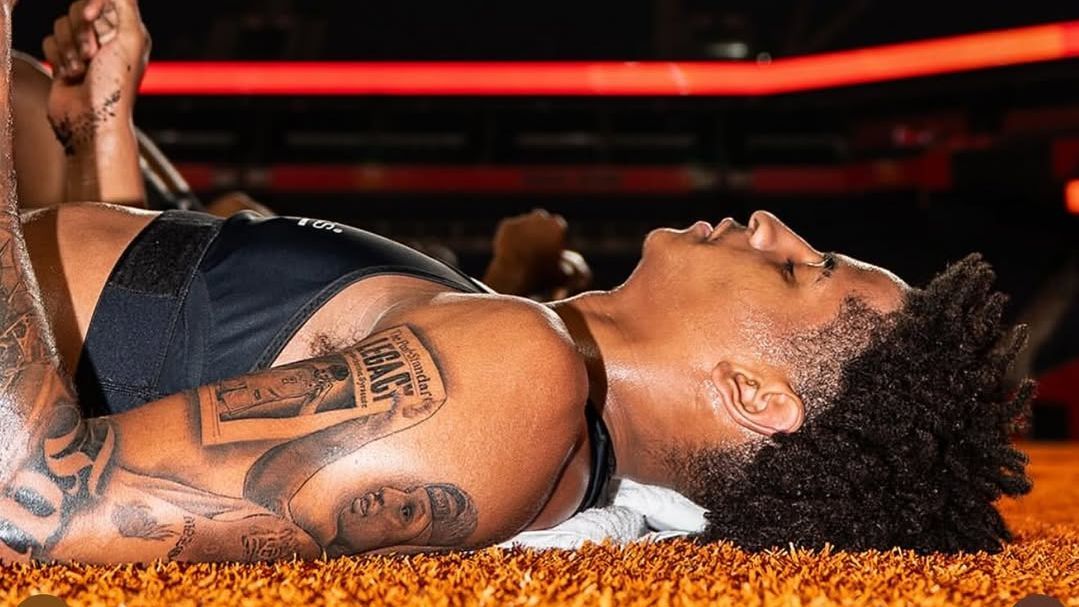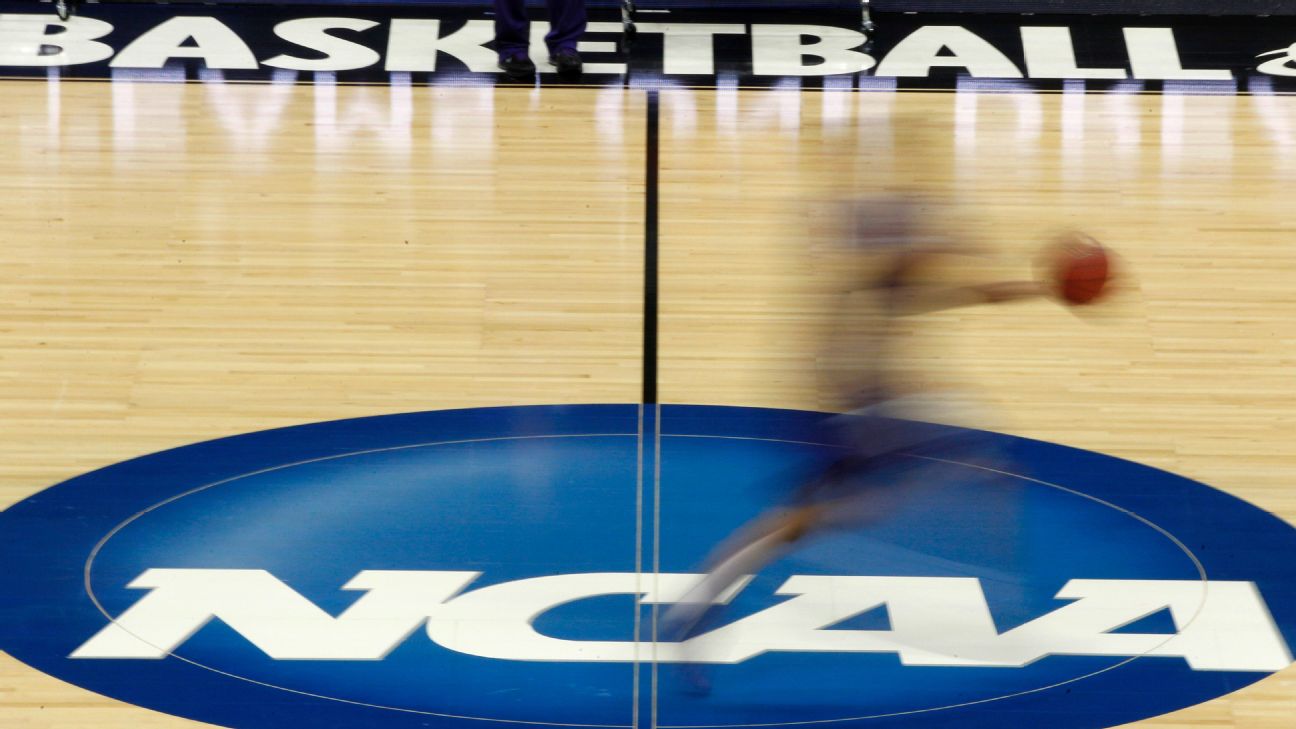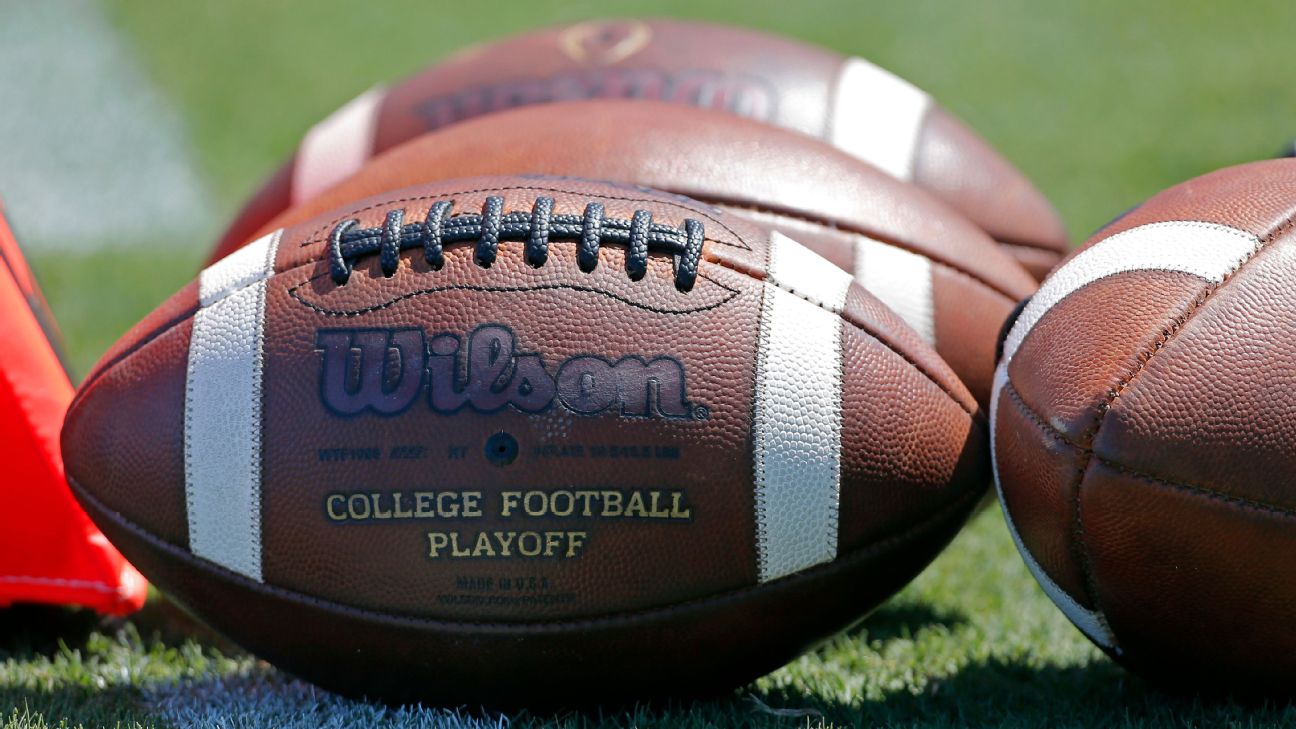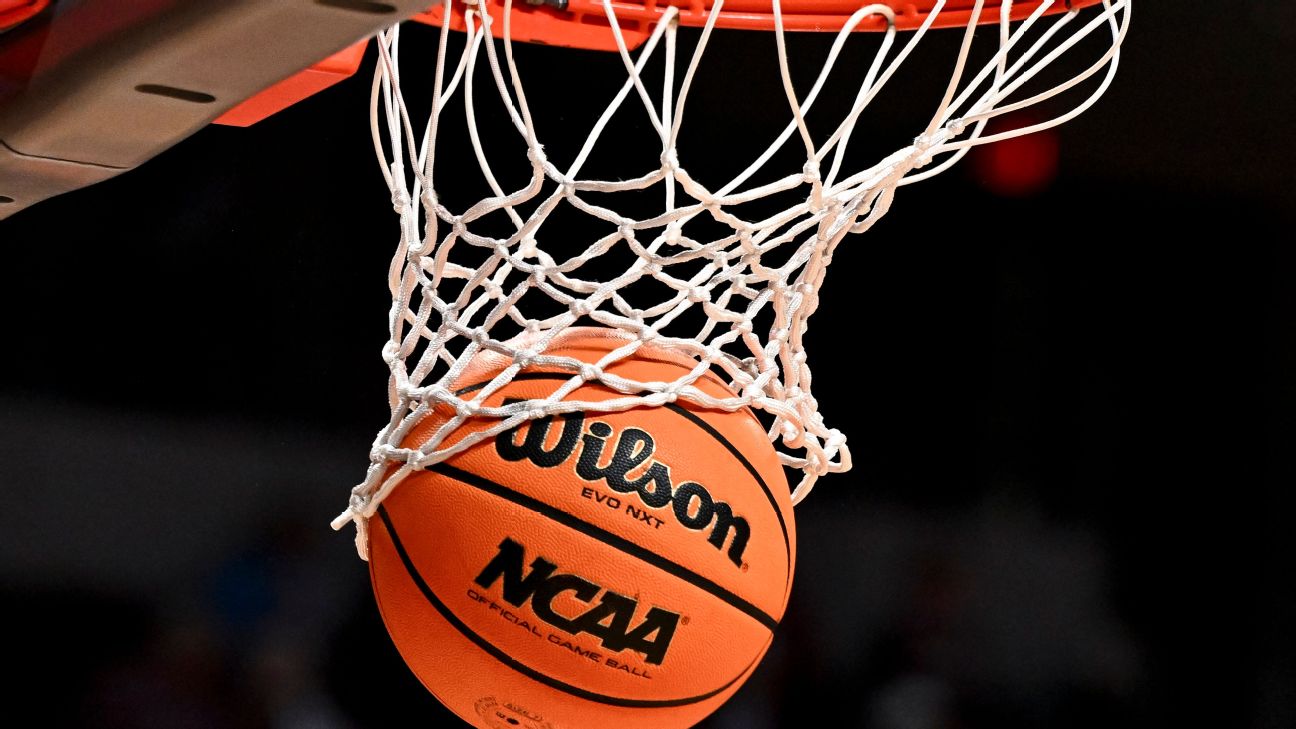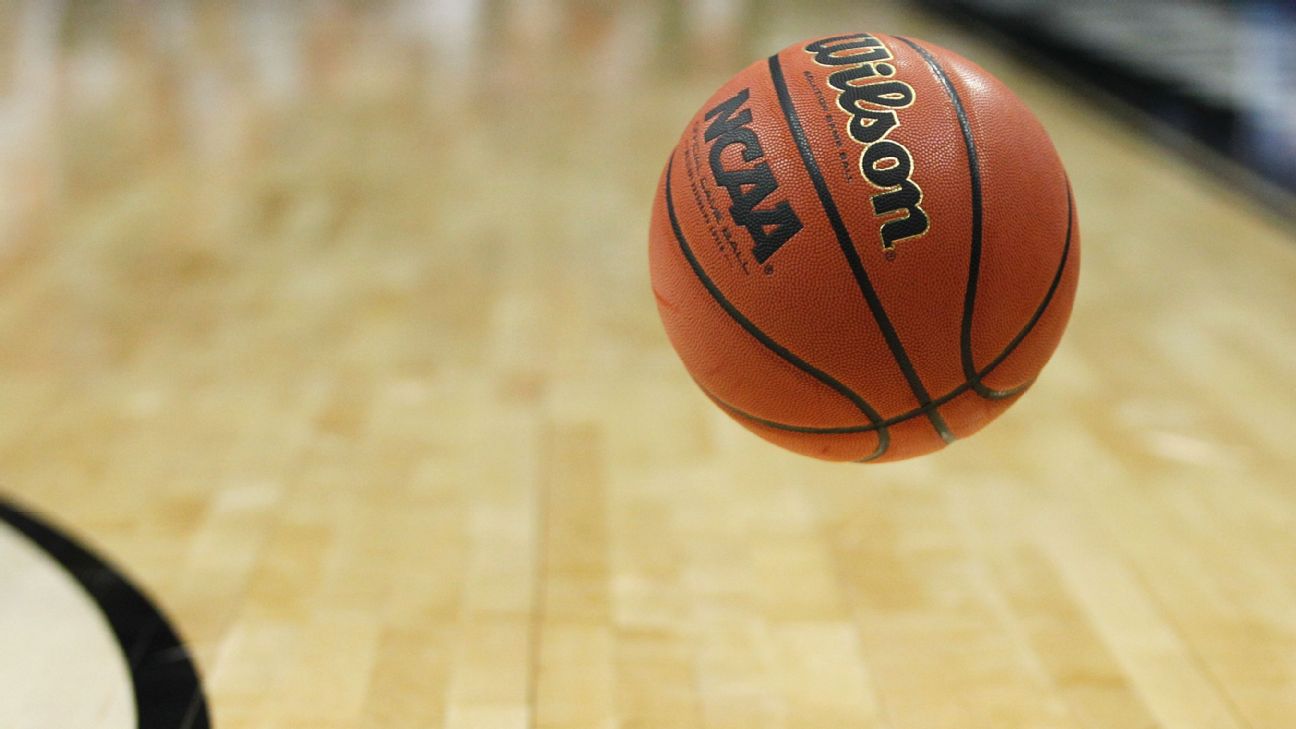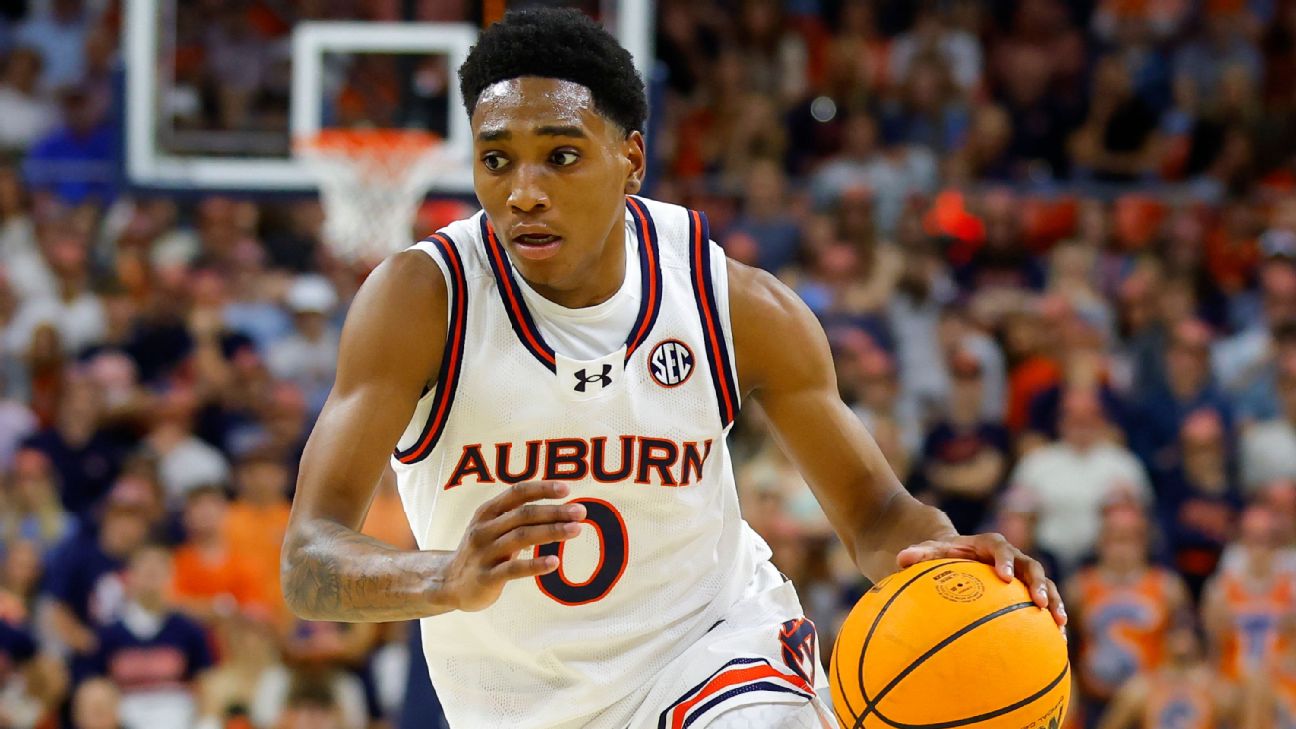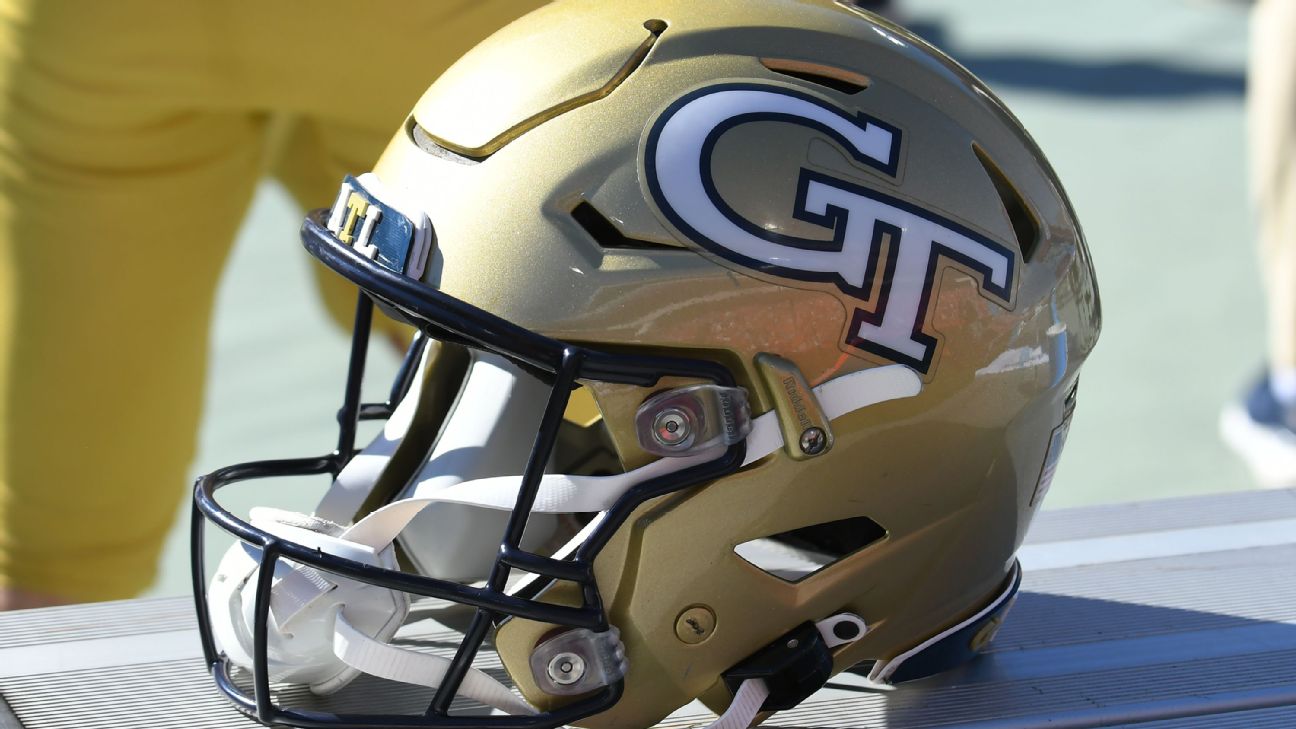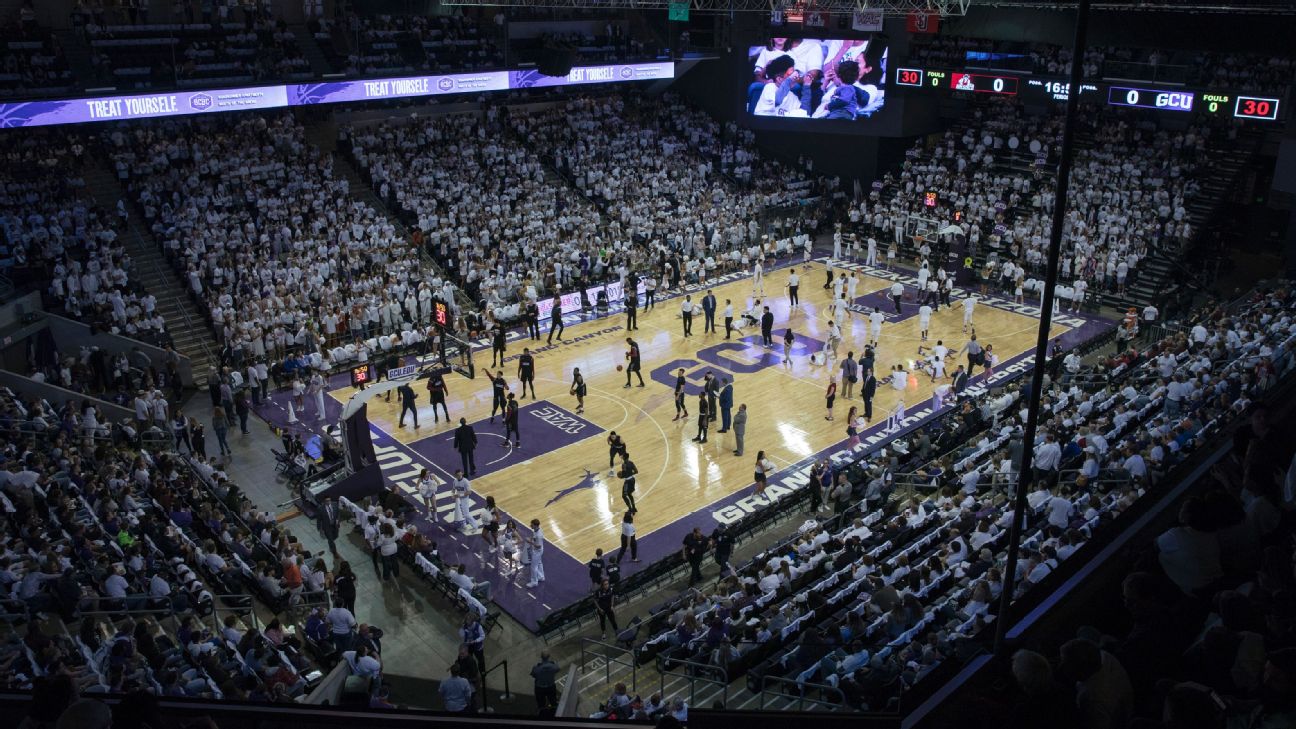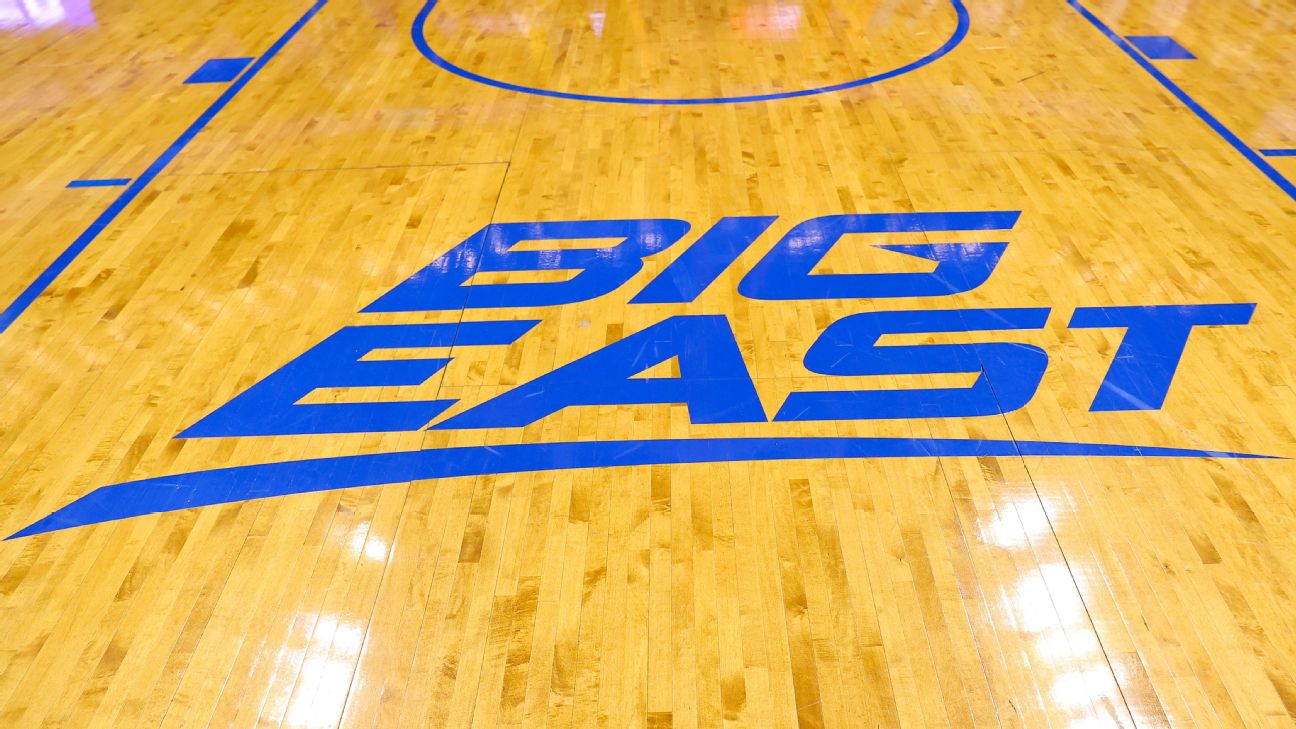New Legislation Aims to Reshape NCAA Sports Funding and NIL Regulations
Explore the latest legislative efforts to regulate NCAA sports funding and NIL payments, aiming to set national standards and protect Olympic programs.
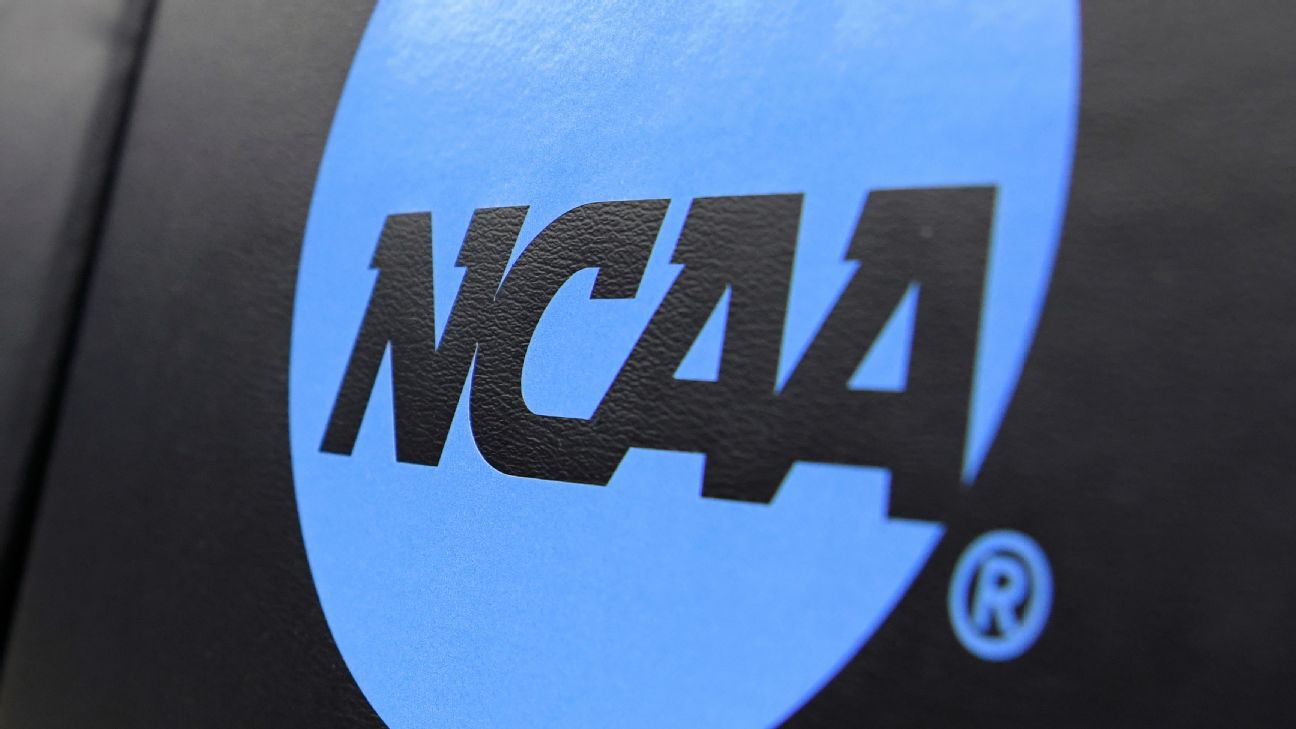
A groundbreaking bill introduced in the House on Thursday seeks to transform the landscape of college sports by providing limited antitrust protection for the NCAA and prohibiting the use of student fees to fund athletic programs. The SCORE Act, co-sponsored by a bipartisan group of legislators, aims to establish national standards for Name, Image, and Likeness (NIL) payments, which have become a focal point in the industry following a $2.78 billion lawsuit settlement.
Key Provisions of the SCORE Act
- Antitrust Protections: The bill offers limited antitrust protection to the NCAA, safeguarding it from certain legal challenges.
- Pre-emption of State Laws: It aims to pre-empt state laws that regulate NIL payments, ensuring a uniform approach across the country.
- Athlete Employment Status: The legislation prevents college athletes from being classified as employees of their schools.
- Olympic Program Protection: The bill includes provisions to protect Olympic programs, which are seen as threatened due to increased funding for football and basketball.
- Athletic Fee Ban: Schools are barred from using student fees to offset the costs of athletic programs, a move that could significantly impact funding strategies.
Impact on Schools and Athletes
Several universities have already begun adjusting their funding models in anticipation of these changes. Clemson has introduced a $150 athletic fee per semester, while Fresno State has approved an additional $495 annual fee, half of which is directed towards athletics. Other institutions, like Tennessee and Arkansas, are exploring alternative revenue streams, such as talent fees and increased concession prices.
Legislative Outlook
The SCORE Act has garnered support from both Republicans and Democrats, increasing its chances of passing in the House. However, its prospects in the Senate remain uncertain, with at least seven Democratic votes needed for approval.
Conclusion
This legislative effort represents a significant step towards reshaping the financial and regulatory framework of college sports. By setting national standards for NIL payments and protecting Olympic programs, the SCORE Act aims to create a more equitable and sustainable future for collegiate athletics.


